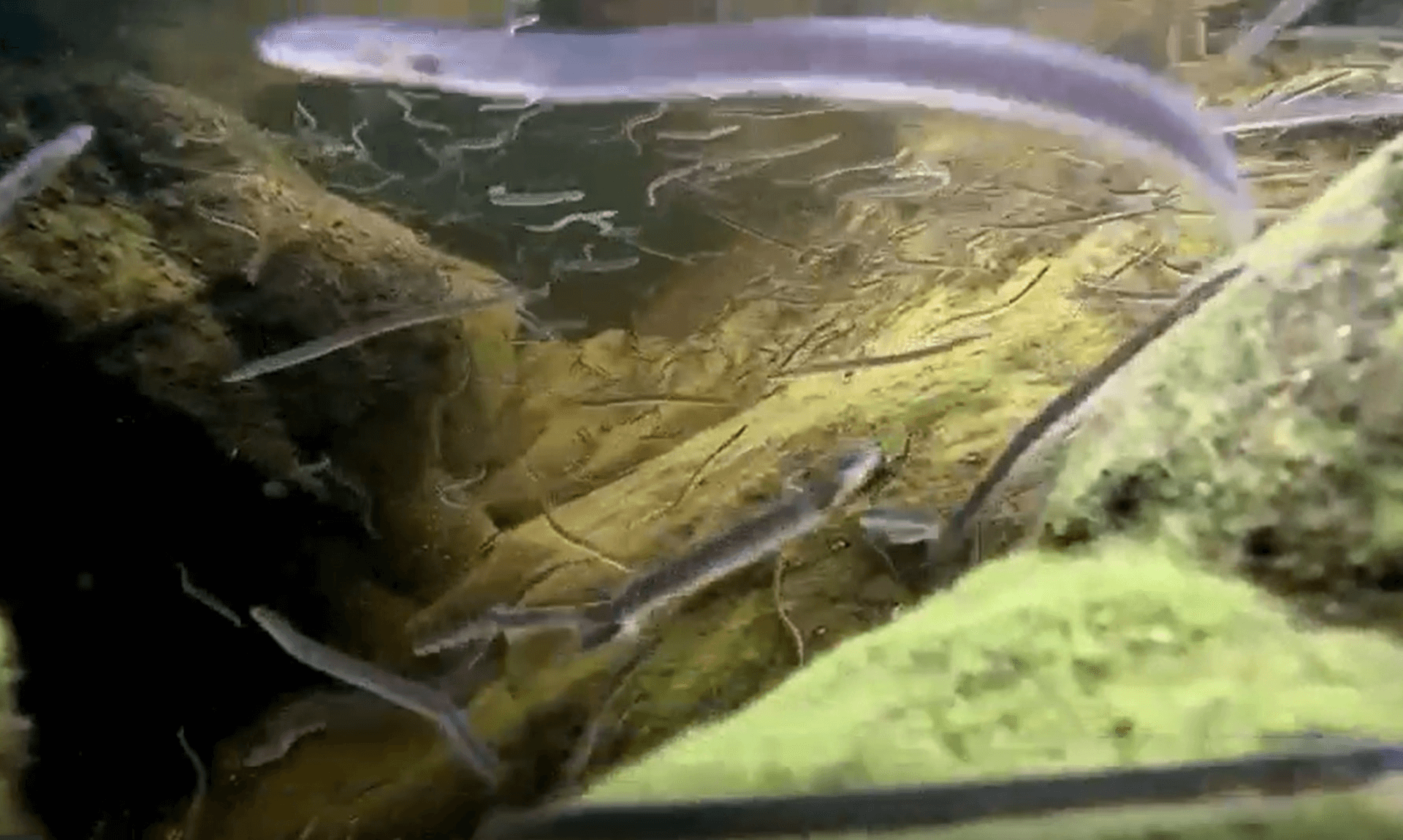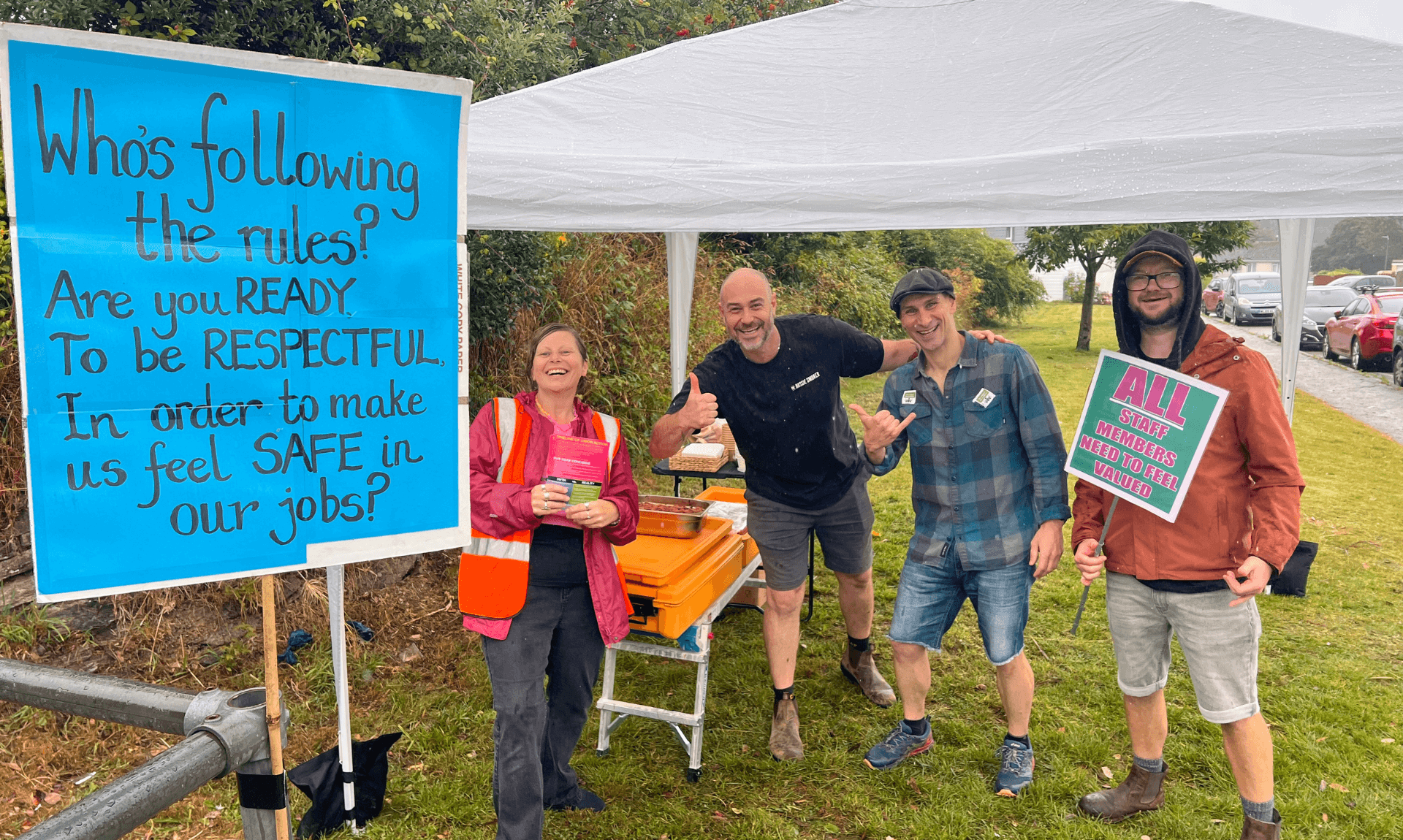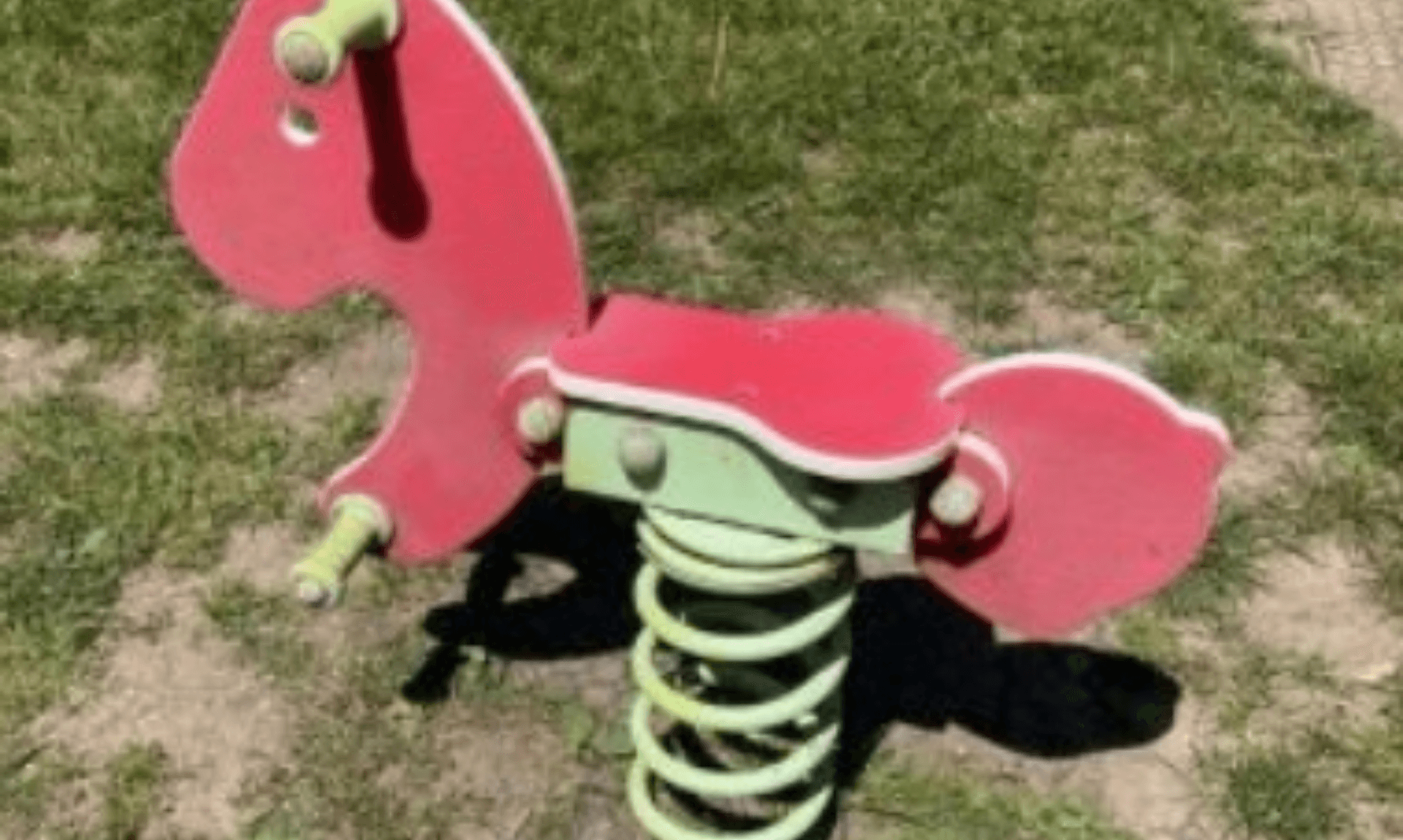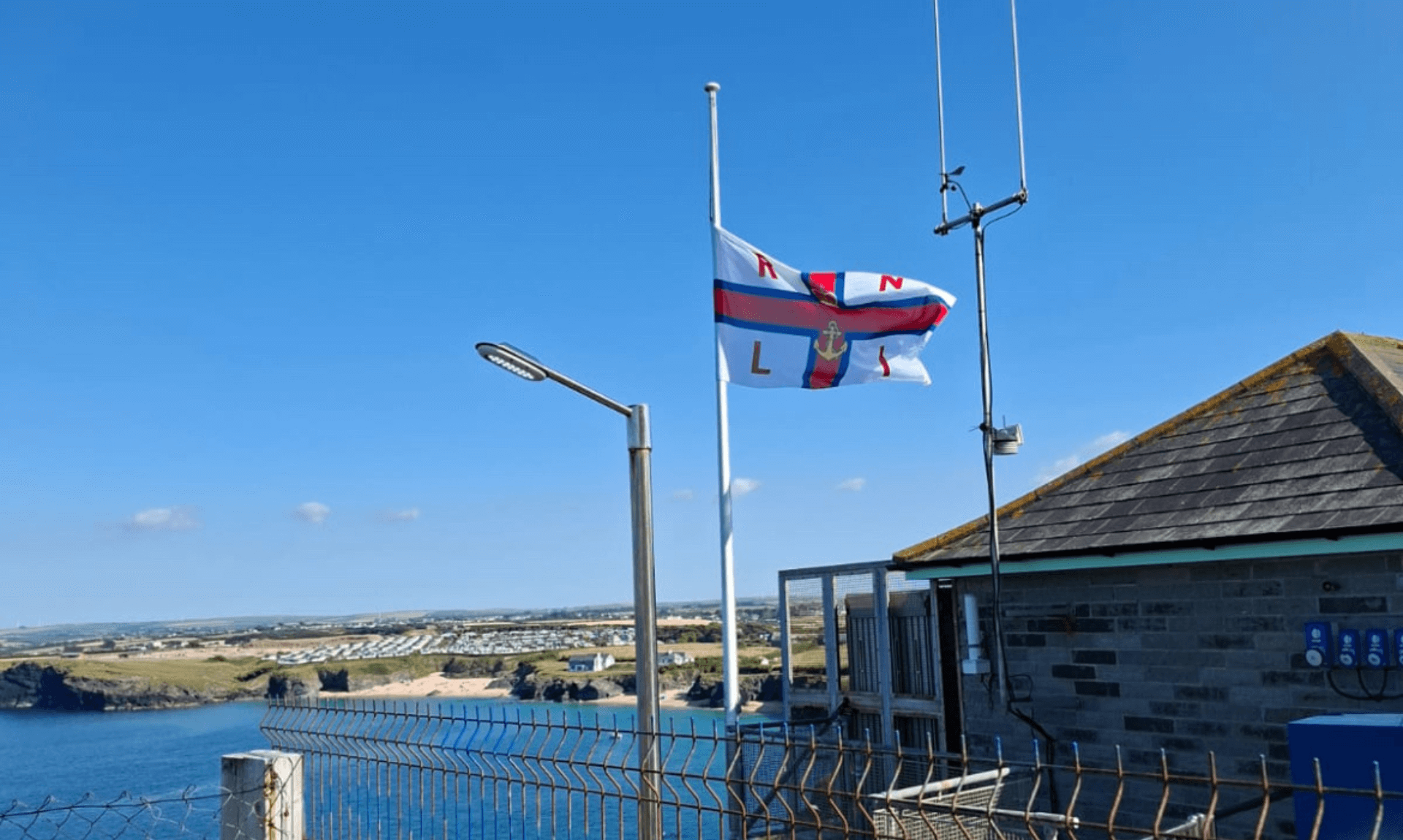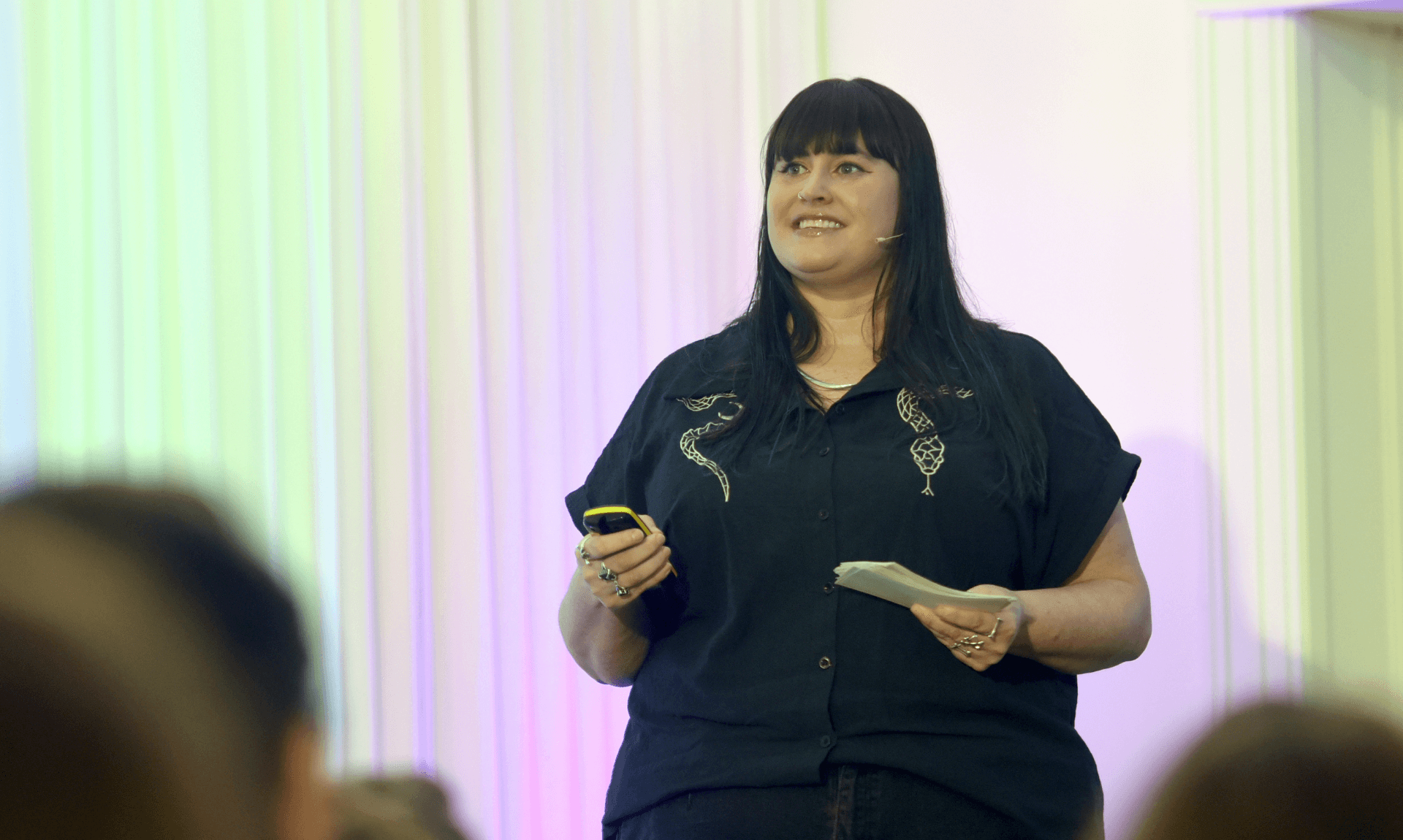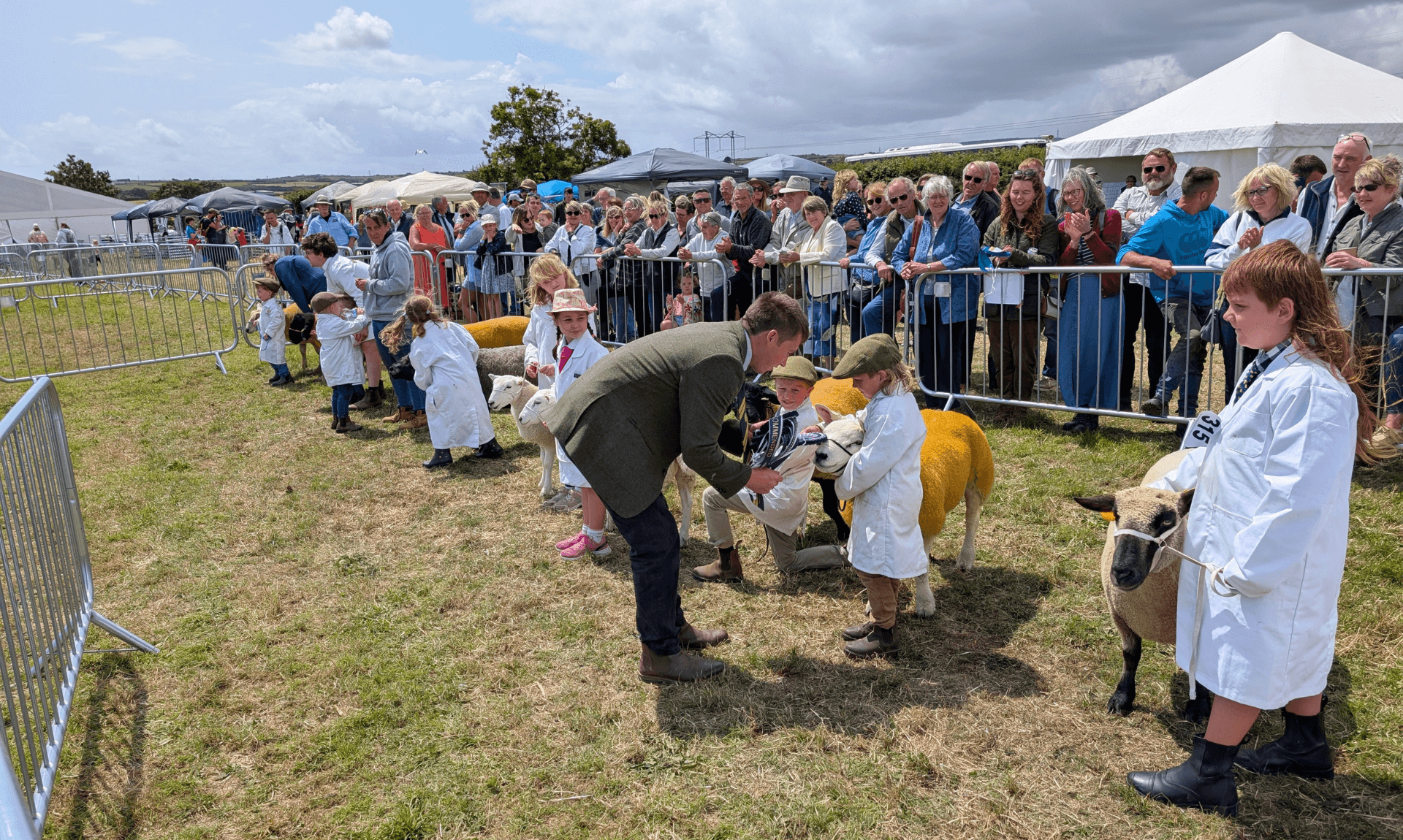Why Are These Tiny Gaps a Game Changer for Endangered Eels in the South West?
South West Water has unveiled state-of-the-art eel screens at Lopwell Dam near Plymouth in a move to protect the critically endangered European eel while continuing to supply clean drinking water to the region.
A Safe Passage for One of Nature’s Greatest Travellers
The new screens, installed on the River Tavy at Lopwell, are designed to shield young eels and fish from being drawn into the water intake systems. The River Tavy is not only an important source of drinking water but also a crucial habitat for wildlife, and the upgrades aim to protect both.
European eel numbers have dropped by more than 90% in the last four decades. These unique creatures begin their lives in the Sargasso Sea off the coast of North America, travelling thousands of miles across the Atlantic to reach European rivers. They later make the same journey in reverse to spawn – one of the most astonishing migrations in the animal kingdom.
South West Water says the new system will help support eel populations by giving young eels a better chance of surviving their time in UK rivers.
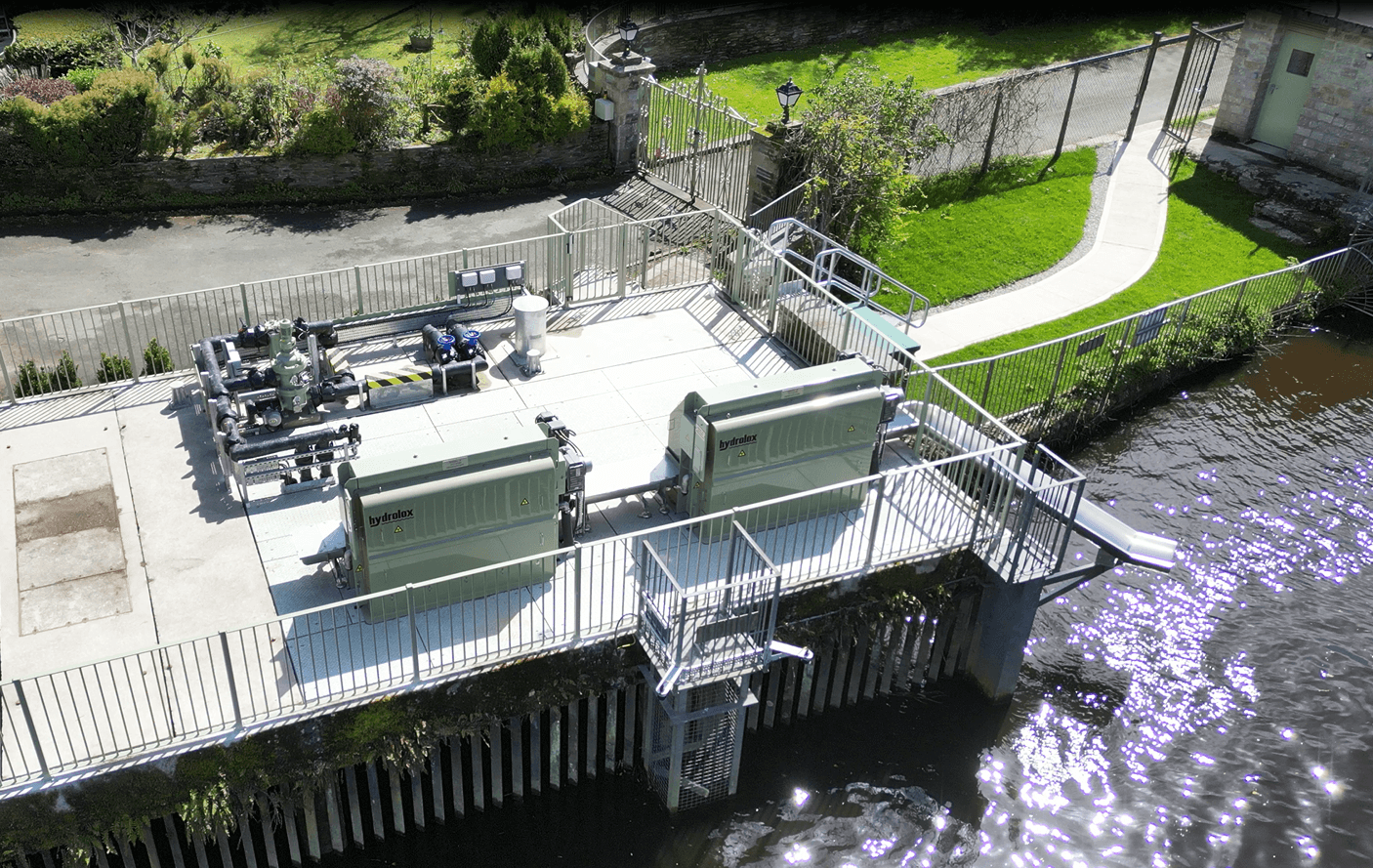
Advanced Technology with Conservation at its Core
Phil Turnbull, Fisheries Lead Advisor at South West Water, said:
“With our intakes, we’re interacting directly with wildlife under the water. These new screens provide the highest level of protection, preventing young eels and juvenile fish from being drawn into our systems while also keeping debris out. As a team, we’re committed to doing everything we can to protect nature while delivering essential services.”
The screens feature:
-
2mm gaps – small enough to stop juvenile eels from passing through.
-
Slower water flow – allowing young fish and eels time to swim away safely.
Sensors constantly monitor the water flow, automatically triggering cleaning systems using water jets when debris builds up, ensuring the screens remain effective throughout the year – especially during autumn when leaf fall is heavy.
Mike Lakin, Technical Director for Engineering at Fishtek, who provided the screen technology, said:
“These screens create a fine filter that stops eels from being drawn into the pumps that deliver river water to the Plymouth water treatment plant. With gaps as small as 2mm, debris can build up quickly, especially in autumn, so the screens are fitted with automatic cleaning systems that use water spray to keep them clear and effective.
“At Fishtek, we’re passionate about combining clever engineering with conservation. It’s great to be able to make river intakes safer and help rebuild fragile ecosystems for future generations.”
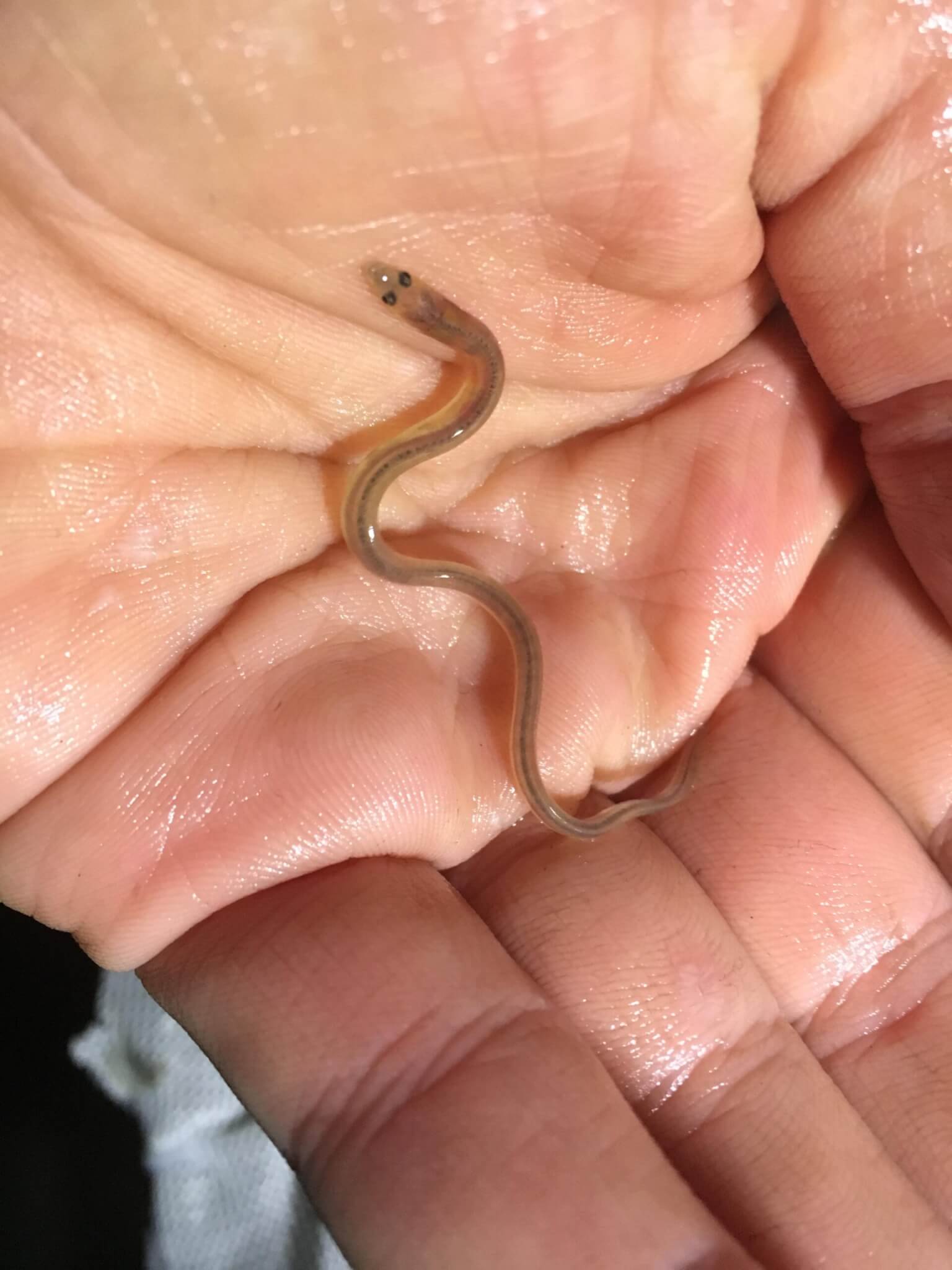
Playing a Part in Eel Recovery
The new installations are part of a broader response to the Eels Regulations, designed to support the recovery of the European eel, which is now classed as critically endangered.
Phil added:
“The whole point of the Eels Regulations is to help increase the number of eels returning to the sea. By protecting juveniles at our intakes, we’re giving them the best chance to grow, migrate, and ultimately help rebuild their populations. It’s incredibly rewarding work.”
South West Water’s investment at Lopwell is already showing benefits, proving that practical engineering can make a real difference to one of the UK’s most threatened species.
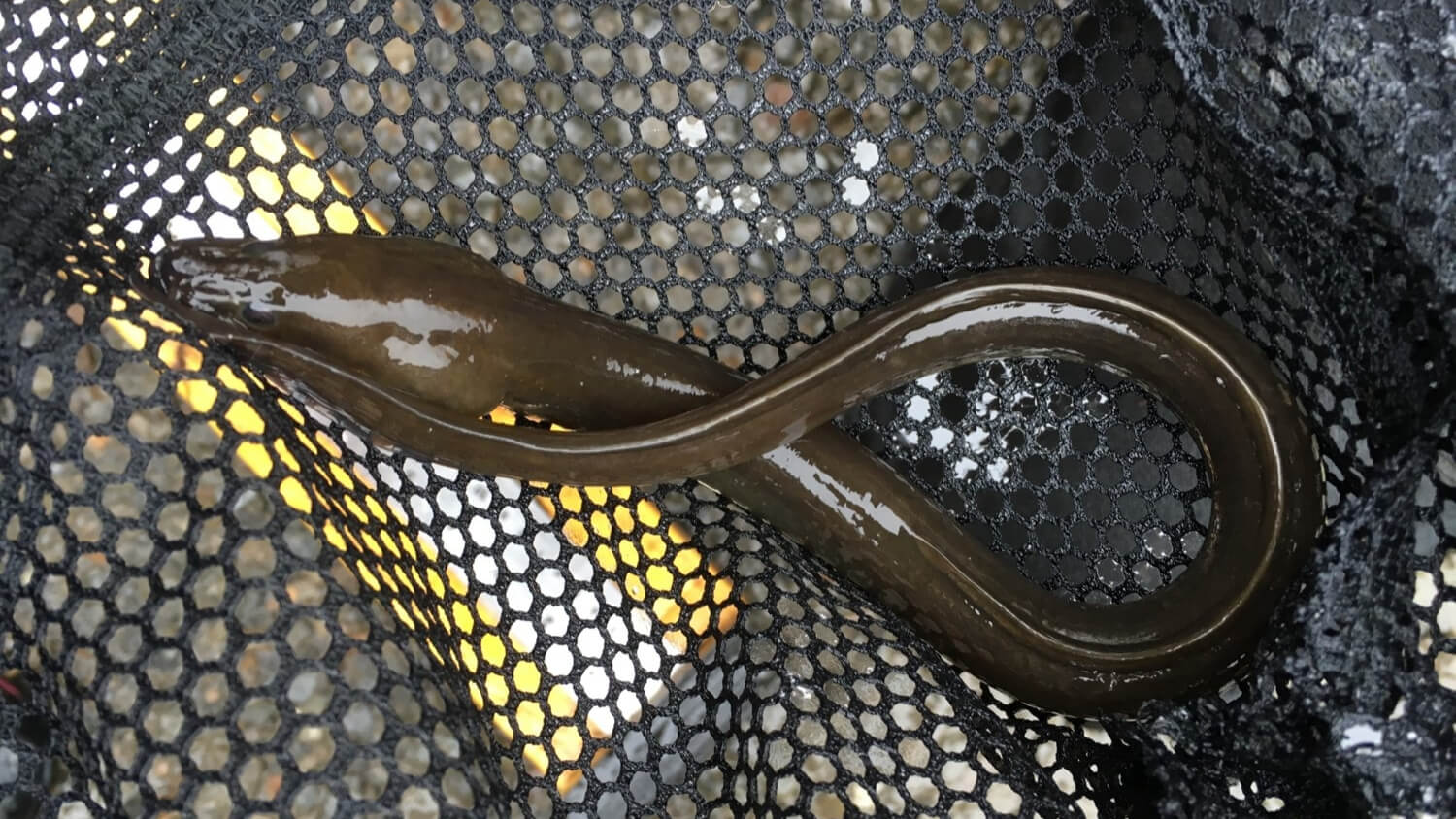
Share This Story, Choose Your Platform!
To keep up with the latest cornish news follow us below
Follow CornishStuff on Facebook - Like our Facebook page to get the latest news in your feed and join in the discussions in the comments. Click here to give us a like!
Follow us on Twitter - For the latest breaking news in Cornwall and the latest stories, click here to follow CornishStuff on X.
Follow us on Instagram - We also put the latest news in our Instagram Stories. Click here to follow CornishStuff on Instagram.
You Might Also Be Interested In
Latest News In Cornwall
Daily Cornish news by email
The latest daily news in Cornwall, sent direct to your inbox.

